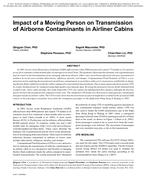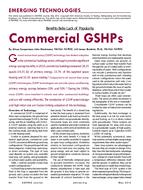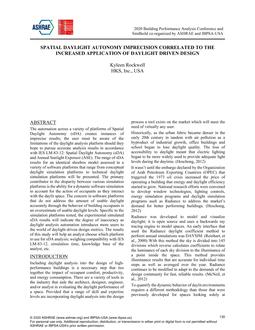This paper addresses the framing constraints for building and community energy projects that must be considered when energy master planning (EMP) is conducted. The constraints cover emissions, sustainability, resilience, regulations and directives, and regional and local limitations such as available energy types, local conditions, and project requirements. The paper reflects development results from participants in an International Energy Agency project on energy master planning and in a U.S. Department of Defense project on technology integration to achieve resilient, low-energy use military installations.
It identifies a comprehensive list of framing constraints categorized into locational threats, locational resources, energy and water distribution and storage systems, building and facility, indoor environmental, and equipment in buildings and district systems constraints. In addition, it identifies limitsfor these constraints that exist in seven participating countries. Some framing constraints can profoundly impact technology selection while others impact the installation of technologies (as in hardening) and have little to no impact on technology selection. Framing constraints can be assessed in different ways and there are resources available to help EMP stakeholders evaluate them. Finally, a case is made that identifying and applying framing constraints early in EMP can bring efficiencies and better focus to the EMP process.
Conclusions include 1) for holistic energy planning, it isessential to identify and assess the framing constraints that bound an optimized EMP solution, 2) framing constraints limits should be evaluated as either hard or soft or promising technologies may fall out of an EMP analysis, 3) to maintain consistent quality in the EMP process, the identification offraming constraints and their limits, and perhaps their evaluation, should be standardized, 4) a standardized approach could establish a baseline that can be used, built upon, and improved, 5) as automated EMP tools are improved or developed, the resources in this paper could possibly contribute to their interworkings relative to technology screening, and 6) continued climate change and resulting aggressive goal setting will likely drive a continued and strong emphasis on EMP.
Citation: 2020 Winter Conference, Orlando, FL Technical Papers
Product Details
- Published:
- 2020
- Number of Pages:
- 18
- Units of Measure:
- Dual
- File Size:
- 1 file , 3.1 MB
- Product Code(s):
- D-OR-20-020


